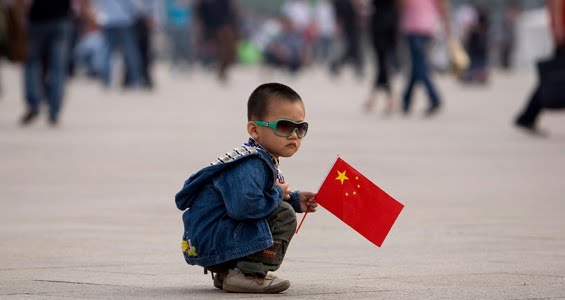Due to the change in one-child policies, couples in China are facing the dilemma of deciding on another child.
China's one child policy was established in 1979 by Chinese leader Deng Xiaoping to limit population growth. During this time China prevented an estimated 400 million births. This notorious policy was applauded worldwide for slowing down China's rapid population growth, but also heavily criticized for enforcing abortions and forcing families to pay heavy fines.
The birth control relaxation was first implemented in Zhejiang province on January 17, 2013. By the end of April, most of the provincial-level regions of China's mainland had officially launched the new policy. Most of the remaining provinces and autonomous regions plan to implement the policy later this year, according to China News Service.
Couples are allowed to have two children if one of the parents was an only child. Currently in Beijing, Chongqing, Tianjin, and Sichuan provinces, a couple is required to wait for three to four years before having their second baby. The only way this can be avoided is if the mother is above a certain age - usually 28 years old. An important age for women’s fertility.
At most 60 percent of eligible couples born in the 1980s will choose to raise a second child, in turn this policy could lead to one million to two million more births in China every year, on top of the approximately 15 million births a year now.
Families in China are now faced with a new dilemma - whether or not they can afford to have a bigger family. Raising a child in China is costly for families, to say the least. The cost of many elementary schools can be more expensive than a college tuition in the United States!













